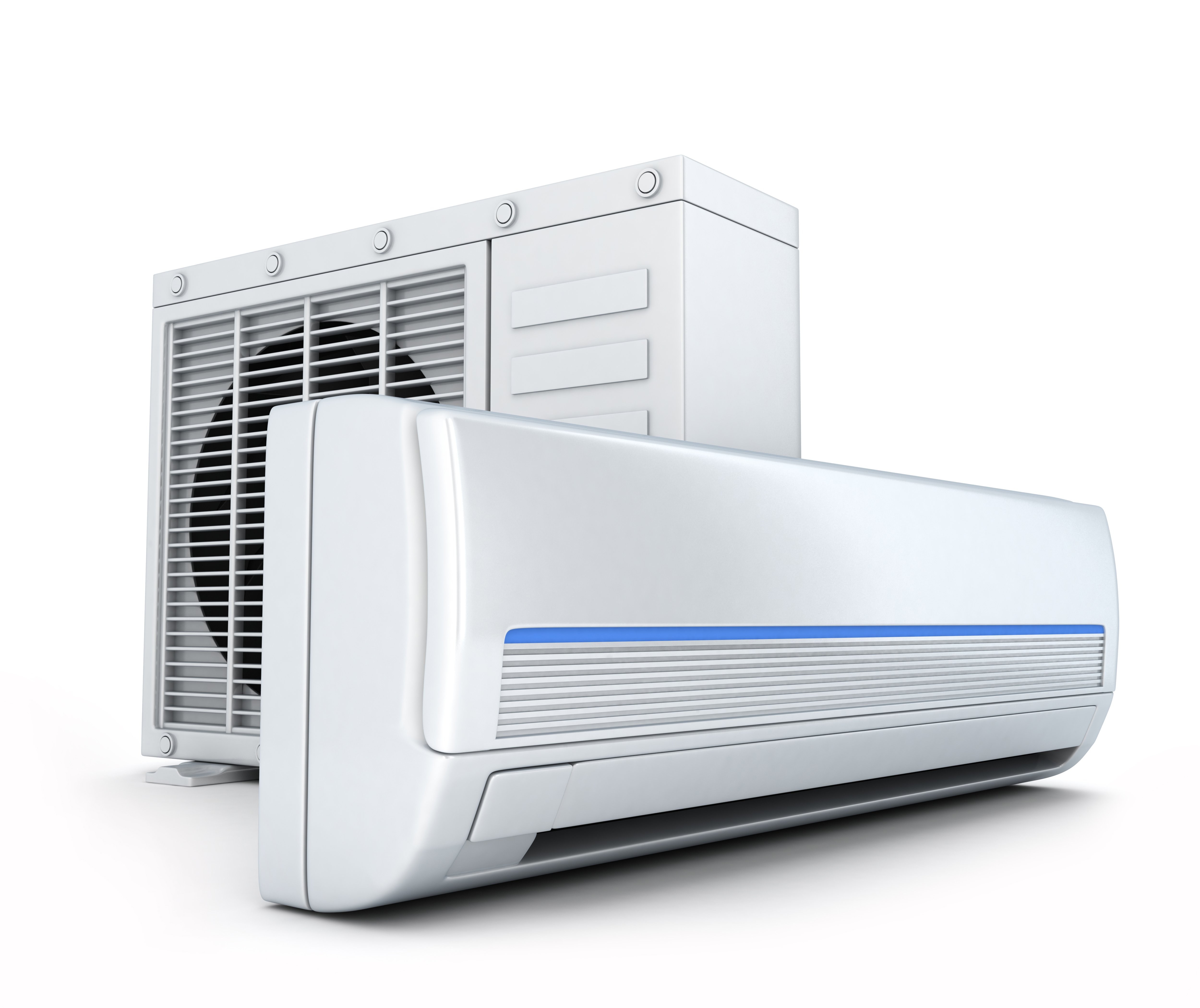Choosing a suitable HVAC solution for your home can seem overwhelming, particularly given the many choices and technical details to consider. Whether you are building a fresh house, renovating, or just looking to improve your current system, understanding the concept of HVAC and how it works is crucial. HVAC stands for heating, ventilation, and air conditioning, and it plays a crucial role in guaranteeing a comfortable environment in your home throughout the year. air conditioning service will walk you through the main elements of HVAC systems, frequent issues and their answers, and upkeep recommendations to ensure your system operates optimally.
As you investigate the multiple categories of HVAC systems on the market, you will notice that they all have distinct features and pros. From traditional central air systems to up-to-date ductless mini-splits and geothermal heat pumps, the options can be overwhelming. Comprehending the influence of different systems on energy efficiency and indoor air quality can assist you choose wisely that not only meets your comfort needs but also fits your spending limit. By the end of this piece, you will be prepared with essential insights to select the ideal HVAC solution for your residence and enjoy a comfortable living environment year-round. spintax ### Comprehending HVAC Units

HVAC is an acronym for Heating, Air Circulation, and Air Conditioning, which are main components that maintain creating indoor well-being. An HVAC system regulates climate, humidity, and air freshness within domestic and commercial spaces. Understanding the functions of these components is crucial for choosing the appropriate system for your residential space or company. Heating includes various approaches to warm indoor areas, while air conditioning chills and removes moisture from the air. Airflow provides a continuous circulation of clean air to maintain a healthy setting.
An HVAC system generally consists of a heater or heating pump for heating, an cooling system for cooling, and air distribution channels or other means of circulating conditioned air around the space. Modern systems might also include smart thermostats, air purifiers, and moisture management features, which enhance both ease and energy efficiency. By improving these components, property owners can achieve a comfortable living environment while minimizing energy consumption.
Additionally, comprehending the interplay of these components can help in solving typical issues and making wise decisions about upkeep and improvements. Regular care and swift repairs are crucial to lengthening the lifespan of an HVAC system. As technology progresses, latest innovations emerging within the HVAC industry suggest better energy efficiency and better indoor air quality, which benefit health and comfort in homes and commercial spaces alike.
Frequent HVAC Problems and Solutions
One of the most frequent problems homeowners face with their HVAC systems is insufficient heating or cooling. This problem can arise from several sources, including a dirty air filtor, which limits airflow and reduces efficiency. Another potential cause is incorrectly sealed ductwork, which can lead to significant energy waste. To address this problem, start by checking and replacing air filters regularly, and inspect ductwork for any leaks that demand sealing.
An additional prevalent problem is the odd noises coming from the HVAC system, such as clattering, banging, or whistling. These sounds can suggest technical problems or unsecured components. The first step is to make sure that mounting brackets and screws are tight. If the sounds continue, it may be necessary to reach out to a professional technician who can diagnose and resolve underlying mechanical issues competently.
Lastly, a malfunctioning thermostat can lead to substantial discomfort and energy inefficiency. If your HVAC system is running continuously or not responding to temperature changes, recalibrating or replacing the thermostat could be a feasible solution. Smart thermostats provide additional benefits, such as programming features and remote access, helping homeowners improve their heating and cooling settings while potentially lowering energy bills.
HVAC Efficiency and Care Tips
To guarantee your HVAC system functions optimally, one of the essential strategies is regular maintenance. Scheduling seasonal tune-ups can help identify possible problems before they worsen, ensuring that your system runs smoothly throughout the seasons. A qualified technician can service the coils, monitor refrigerant levels, and inspect other important components, which can result in enhanced performance and longevity of your system.
Additionally, being aware of your thermostat settings can considerably affect your energy bills. During the winter months, adjusting your thermostat a couple degrees lower while wearing warmer clothing can save on heating costs. In the summer, adjusting the temperature a couple degrees can reduce air conditioning expenses while still keeping your home pleasant. Think about installing a smart thermostat that automatically adjusts according to your schedule or the weather, optimizing energy use.
Lastly, improving your home’s insulation and sealing air leaks can be very effective for your HVAC efficiency. Insulating walls, attics, and ductwork reduces energy loss, while weatherstripping windows and doors stops conditioned air from leaking out. By taking these actions, you not only enhance the comfort of your home, but you also create a more energy-efficient environment, resulting in lower utility bills and a reduced carbon footprint.
